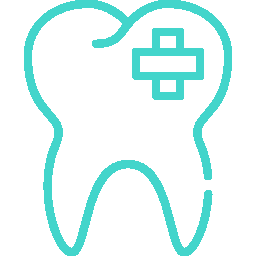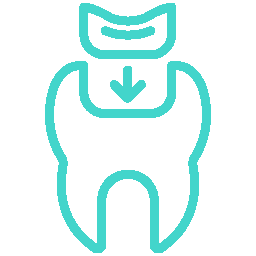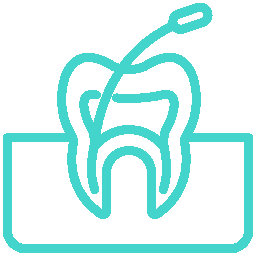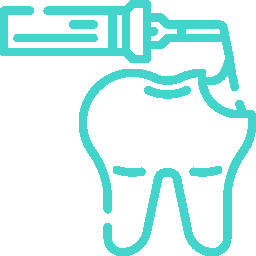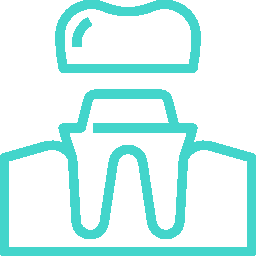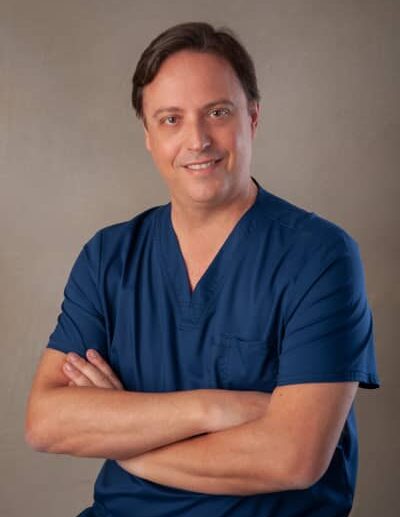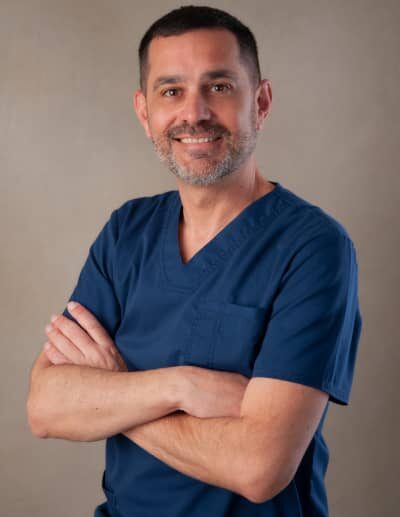Conservative dentistry treatments in Mallorca
Check-ups and conservative treatments allow us to treat teeth affected by a problem in such a way that we can conserve them and keep them in the mouth.
Rehabilitate and treat caries and trauma
Would you like a solution to your dental or facial problem?
Ask us for an appointment with a free check-up and diagnosis.
Whether you want to start treatment or request information, you are in the right place. Leave us your details and we will contact you within three hours.
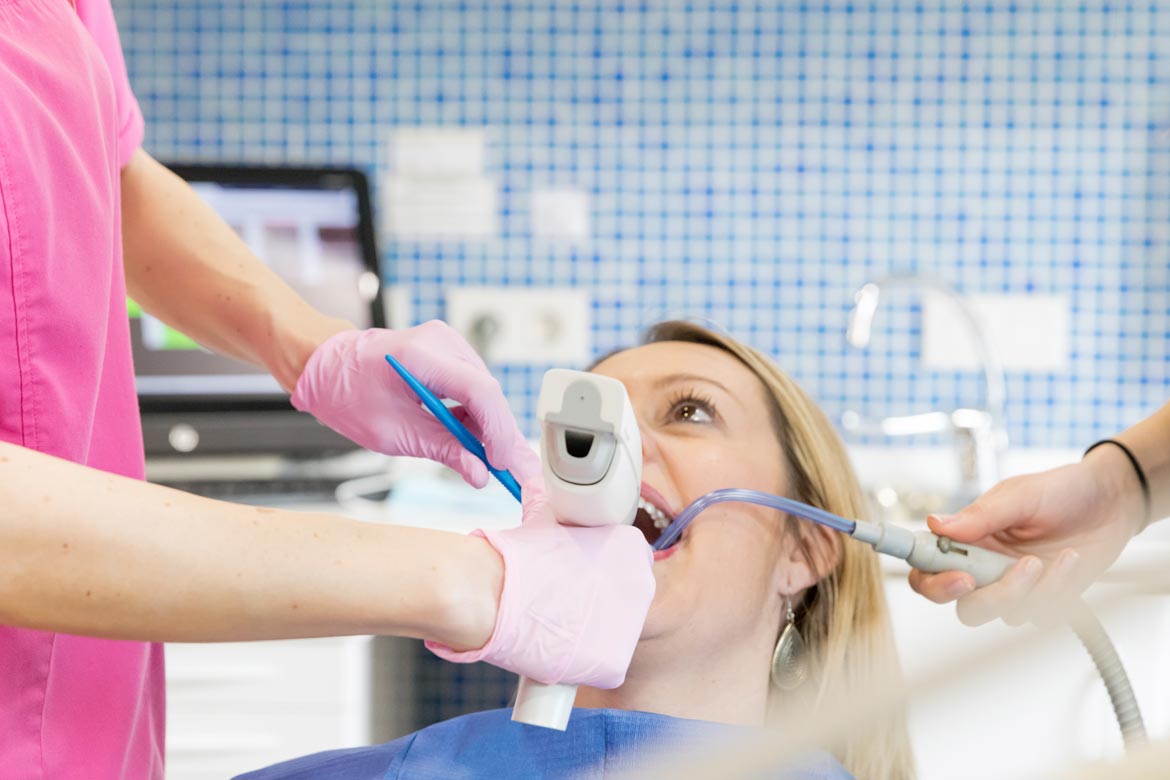
What does conservative dentistry consist of?
Conservative dentistry is the set of techniques that allow natural teeth to be preserved when they have been affected by a disease such as caries, or by trauma or wear. In addition to preserving their aesthetics, the main objective of this branch of dentistry is to prolong the useful life of the tooth and maintain its functionality.
The main task of conservative dentistry is to apply the appropriate treatment technique to eliminate the problem, restore the tooth and avoid its extraction. The idea is to prevent the affected area from becoming edentulous, that is, without a tooth, in order to avoid resorting to more extensive treatment such as dental implantology.
Techniques applied in conservative dentistry
Depending on each case, we can resort to a series of techniques in the treatment plan. Conservative dentistry includes the following treatments to ensure the health of the teeth:
Benefits of conservative dentistry
Conservative dentistry aims to restore damaged tissue and not remove it, for this reason it has benefits such as:
- The preservation of the original tooth, as its loss can affect the integrity, aesthetics and alignment of the rest of the teeth, as well as worsen the functionality of chewing food and speaking.
- The treatment and elimination of the problem (caries, fracture, fissure) that is damaging the tooth tissue, so that it is not weakened and is not affected by other potential oral diseases.
- The strengthening of the damaged tooth, either through the application of a material such as composite, or through the restoration of the crown with a custom-made piece.
- Financial savings, as treatments to replace a lost tooth are more expensive (although necessary in cases where this has occurred) and more complex.
What can cause tooth loss?
There are several reasons why a person may lose a tooth. The most common is due to a blow or trauma, having suffered some kind of accident. But, in general, the main reason for tooth loss is caries, an oral infection that attacks the tooth enamel and destroys it.
This disease is caused by the accumulation of bacterial plaque due to poor oral hygiene. It is generally avoidable when, in addition to proper oral hygiene at home, professional dental cleanings are carried out at the intervals recommended by the specialist, and regular check-ups at the dentist are carried out.
However, in cases where hygiene has been deficient, it is possible to experience caries which, in the most serious cases, affects not only the external part of the tooth but also the pulp. In these cases, only the various techniques of conservative dentistry and good subsequent maintenance can help to preserve the original tooth.
What is conservative treatment like?
Conservative treatment varies depending on the state of health of the teeth. To determine the stage of deterioration and make an accurate diagnosis, we use 3D technology and a special probe to assess the damage to the teeth. Once the results have been studied, the specialist makes a diagnosis and proposes a personalised treatment plan that allows the tooth to be preserved, whenever possible.
There are several techniques in conservative dentistry that will be applied depending on the diagnosis made by the specialist. In cases where caries is the reason for treating the tooth, professional oral hygiene should generally be carried out beforehand in order to follow the most appropriate procedure in each case. In most cases, a material will be applied to seal the teeth and strengthen them so that they are not affected by caries.

